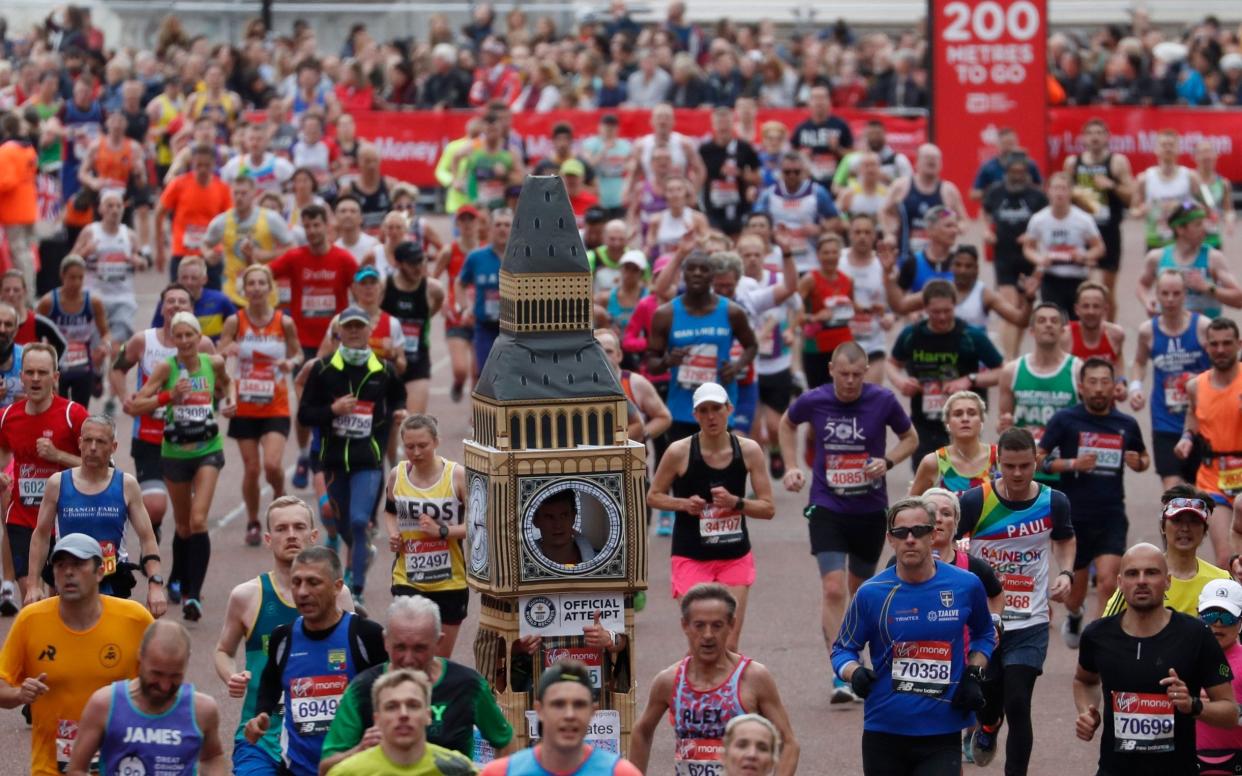Medical charities in ‘real danger’ as they count £292m cost of pandemic

Medical research charities are facing a “real and present danger” after losing £292 million in funding during the pandemic, because people could no longer hold events or rattle donation buckets, the charity sector has warned.
Hilary Reynolds, chief executive of the Association of Medical Research Charities, which represents 150 organisations including Cancer Research UK and the Alzheimer’s Society, said funding had plummeted because of lockdown and social distancing.
At the height of the lockdown, 70 per cent of clinical trials and studies were stopped, paused or delayed, she warned, and 20 per cent are currently on hold or have been abandoned.
Speaking at the Commons Science and Technology Select Committee, Mrs Reynolds said: “Fundraising through big massive engagement events such as marathons or bike rides hasn’t happened during the last year.
“Community fundraising through coffee mornings, through bucket rattling, through door-to-door, amongst friends and family and neighbours and communities, related to people who care about the conditions, hasn’t happened because of social distancing.
“And shopping to support medical research, shops run by people like Cancer Research UK, has not happened because the shops have been shut. So three huge sources of fundraising have been completely lost to the sector.”
Funding for research projects lost
Mrs Reynolds said she had dozens of examples of charities pulling funding for vital research projects, including into brain tumours and autism.
The Brain Tumour Charity has said it is reducing its research spending by up to £5.5 million, meaning eight fewer research groups will be funded. The Tuberous Sclerosis Association has been forced to use its reserve to protect current research and has stated there will be no more money for projects in the coming years.
“Two out of three charities have seen a huge drop in their income,” she added. “It’s a real and present emergency.
“The public will start sponsoring people and supporting charities again, but we have a real emergency now, which has a long-term impact.”
Mrs Reynolds called on the Government to commit to a life science charity partnership fund which would help plug some of the gap in funding.
Hetan Shah, chief executive of the British Academy, also warned that the funding crisis could create a “lost generation” of researchers.

